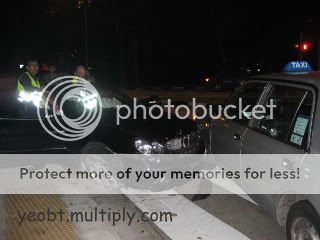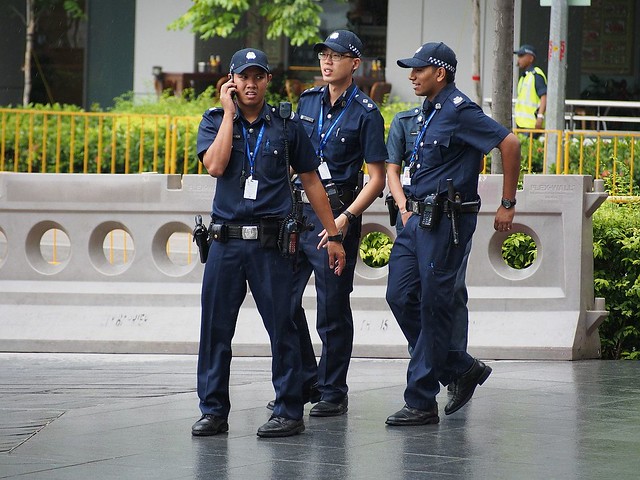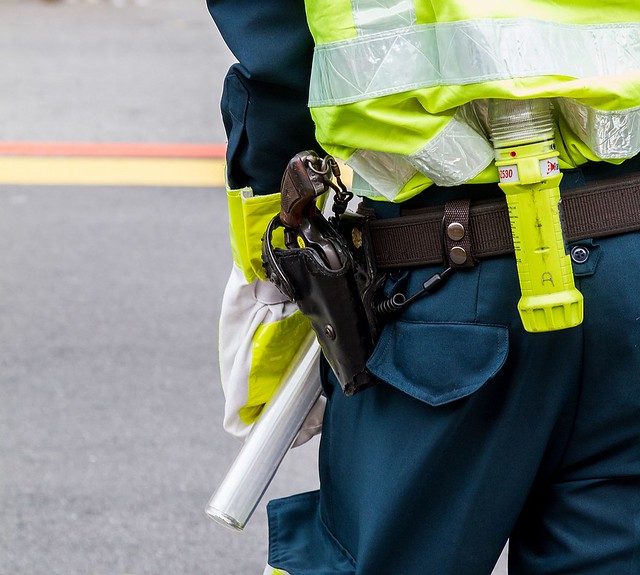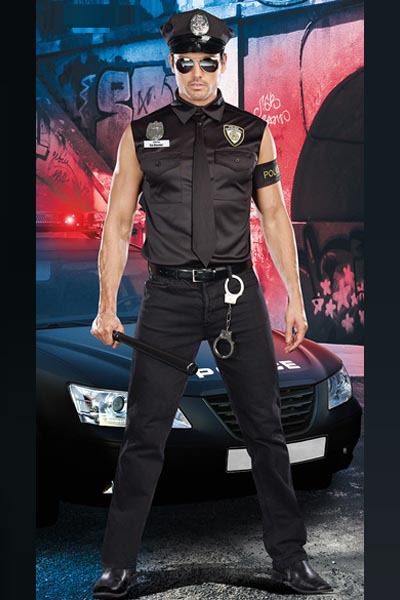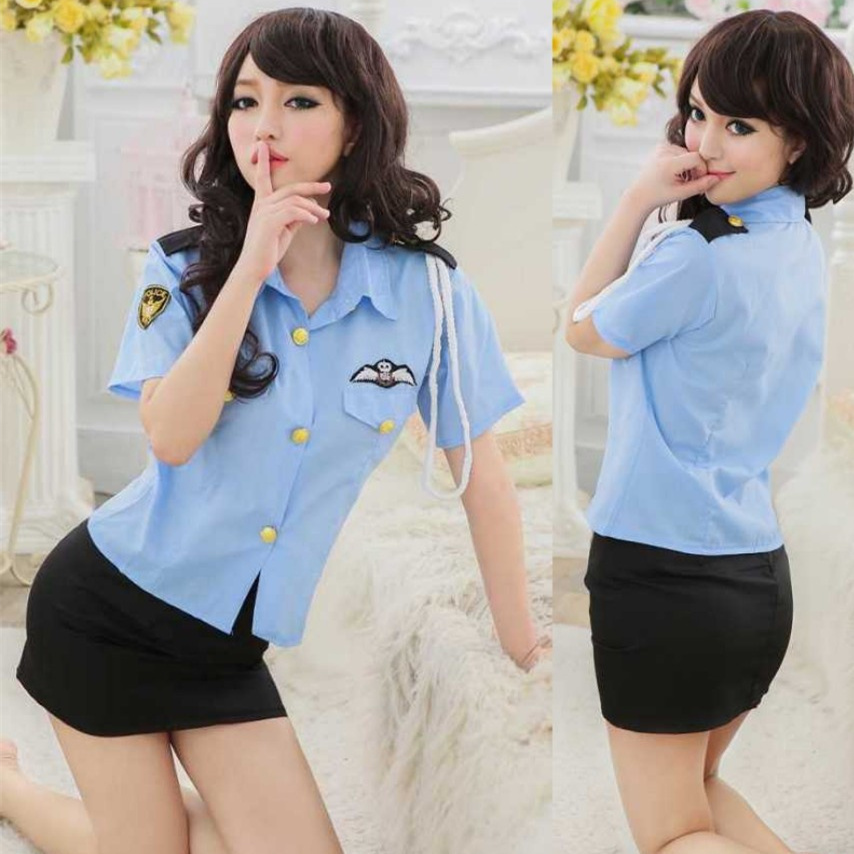I don't know how much of a difference it makes, but I think the officers in your photographs look like they may be auxiliary police officers (APOs) from Certis Cisco. The black/white checked pattern on their caps look similar to the ones seen in
MrBrown's photo essay on Certis Cisco APOs.
I agree that common sense is a good gauge in normal day-to-day scenarios, but it will still be useful to clarify the actual limits (for both photographers and SPF) so that there's less ambiguity. E.g., In the event that someone is photographing a SPF officer who might be doing something dubious, they can't just abuse their power and get that person to delete whatever they shot under a general "you are interfering with our investigation" warning.
One of the questions that come to mind is "Does a police officer have the right to stop anyone and make them delete any image in their camera? Or do they need a warrant first?", etc...
In general though, I'm sure most of us will have the common sense to comply with the person with a gun, then go back and complain later if we think something was wrong. ;p



